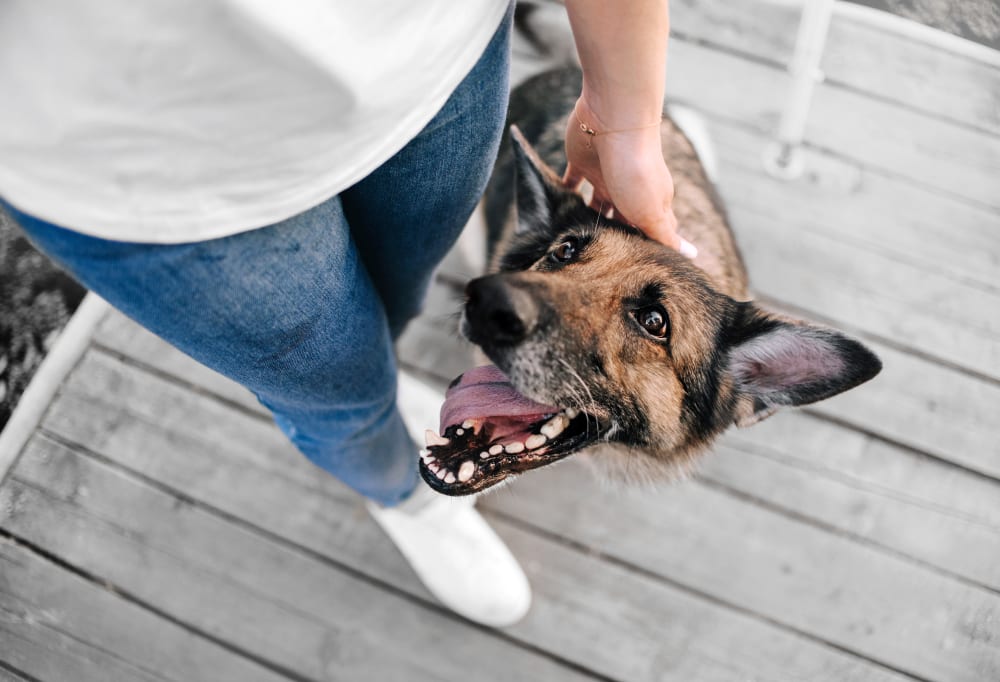Welcome to Queensway West Animal Hospital in Kanata
Your dog or cat isn't just a pet; they're family. Since 1999, our team has been dedicated to providing the outstanding veterinary care that furry family members need to thrive.
Serving families from across Kanata, Stittsville, Barrhaven, Nepean, Gloucester and beyond, our primary focus is always on preventing illness and keeping our beloved companions in tip-top condition throughout their lifetime. Nutritional counselling, vaccines, parasite prevention and routine exams are just some of the ways we work to promote long and healthy lives for our patients.
When accidents and illness do strike, our early morning and late evening hours help us get your pet the treatment they need with minimal delays. Our imaging and lab testing also make for quick and convenient diagnosis and treatment. No matter what, it's our priority to be here when your pet needs us most.

Quality, Integrity, Compassion & Service
Queensway West Animal Hospital offers a comprehensive range of veterinary services for dogs and cats in Kanata and beyond.

Prevention
Vaccines and preventive care to stop illness from striking in the first place.
From Our Clients
Find out what our clients have to say about their experience visiting Queensway West Animal Hospital.

-
I recently had a fantastic experience at Queensway West Animal Hospital. I took my Yorkiepoo in for his vaccination boosters and was able to have an in-depth conversation with the veterinarian about my dog's diet. I received some incredibly valuable advice.
Veterinary Care for Dogs & Cats in Ottawa
We are conveniently located in Kanata's Village Green Plaza, just one minute from the Queensway. We look forward to welcoming you during our weekday hours that extend into the late evening.
New Patients Welcome
Our team of Kanata veterinarians provides the personalized medical care your pet deserves. Get in touch today to book your companion's first appointment.

